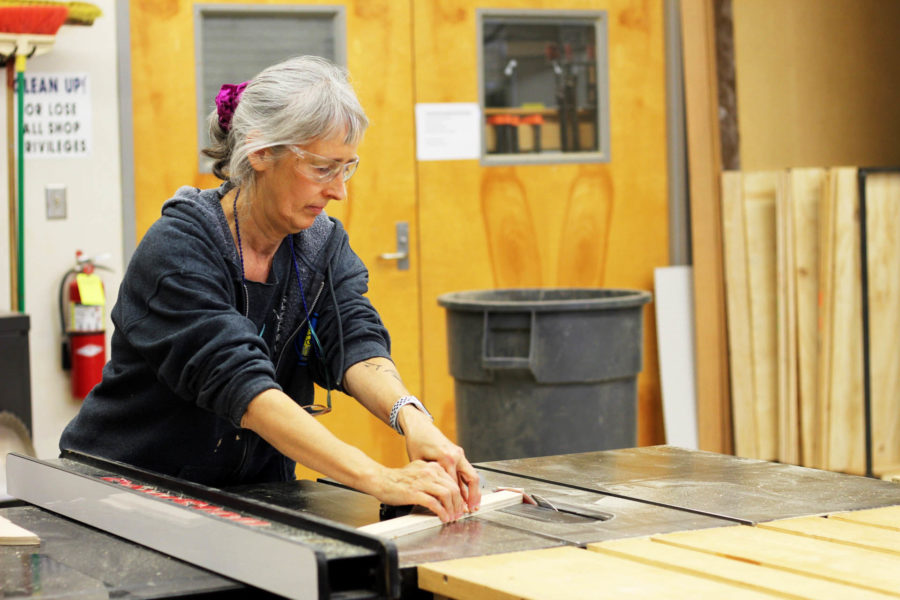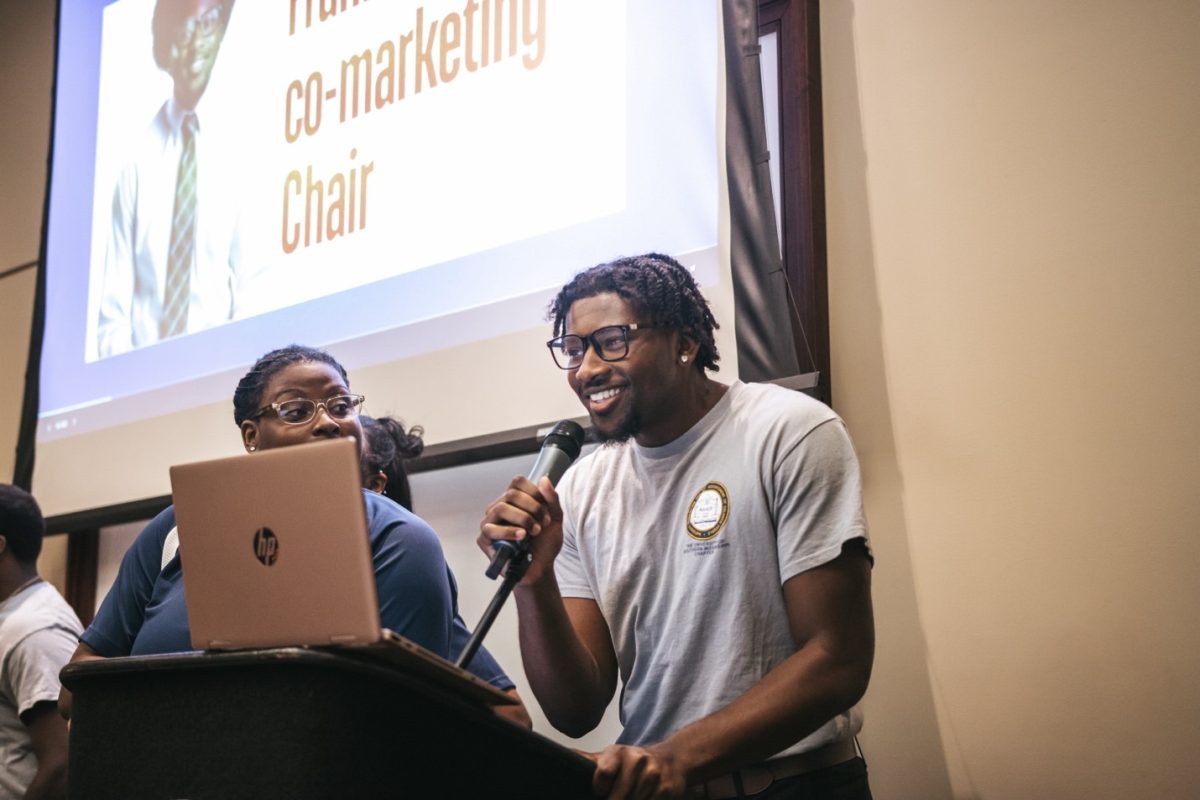It is no secret that there are majors, fields and careers that are either perceived as or statistically proven to be male-dominated. Even in 2020, there are women who face challenges in their work and studies due to their gender. However, several traditionally male fields, ranging from art to criminal studies, are increasingly taught and studied by women at Southern Miss.
Professor Jennifer Torres is a sculpture professor at Southern Miss. Throughout her education and career, she has experienced trials due to her position as a woman in what was very often a room full of men.
“In school, I had to make them answer my questions as if I knew what I was talking about and not sort of look at me like, ‘Oh, did your husband send you?’” Torres said.
Women are statistically underrepresented in art. According to the National Endowment of the Arts, while women earn 70% of BFA degrees, only 46% of working artists are women. So, in her career as a female sculptor, Torres said that the women she has met and worked with have all supported and helped one another.
“There’s a lot of really strong women sculptors out there, and I’m seeing the tide change. The women that I met, we all kind of bonded together and really worked to help each other to grow and be successful in our careers. And that meant things like fighting for equitable pay,” Torres said.
Torres said it can often be difficult to teach women who are not seeing themselves represented enough in their profession. She said that one way she and other professors encourage their students is by continuing to help them after graduation.
“Once my student, always my student. I am always keeping in touch with them, supporting them, writing them letters and sending them opportunities… It becomes a long-term relationship of mutual support and respect,” Torres said.
Across campus from the George Hurst building, Lisa Nored, Ph.D., studies and teaches criminal justice.
Nored was an attorney before she began her career in criminal justice. She entered both of these fields as a minority due to being a woman. However, she did not allow her identity as a woman to deter her from pursuing what she is passionate about.
An active researcher, Nored specializes in justice policy, child welfare and juvenile justice.
“What drew me to these fields was that they were pathways and career opportunities where I thought I could find fulfillment,” Nored said.
Assistant teaching professor Leffi Cewe-Malloy teaches construction and design. Similar to Torres and Nored, Cewe-Malloy also teaches and works in a traditionally male field, but does not allow that to deter her from success.
However, Cewe-Malloy’s field of study easily has the lowest representation of women compared to art and criminal justice. The number of women in construction has lingered at about 9% for the last 25 years.
“I do not see it as a negative; I’ve never seen it as a negative. I see it as a positive, being one of a few females in a male-dominated field,” Cewe-Malloy said.
According to these professors, areas of study such as sculpture, criminal justice and construction have seen a rise in the number of women working and succeeding within them.
Cewe-Malloy said that she is excited to see the number of women in engineering, architecture and construction rising. She said that she believes the number of female faculty in her school also encourages more women to pursue a major in construction and design.
Nored said that the criminal justice field is more diverse now than it ever has been in terms of gender and race. For people who wish to pursue a career in a field in which they would be a minority, she said that she hopes that would not deter them from giving it their all.
“Go for it. Do not let fear of what might happen or how you might be received stop you from fulfilling your dreams. There is always a barrier in life, always. And most of life is learning how to successfully navigate barriers,” Nored said.
Torres said that she believes women should decide for themselves how they want to live their lives and what they want to pursue. Though Torres chose not to have a family in order to focus on her career, she knows many successful women in sculpture who also have families.
“Don’t feel like you have to fulfill someone else’s definition of what you are as a woman. That is for you to decide, so now is your opportunity to make that clear to everybody,” Torres said.


























